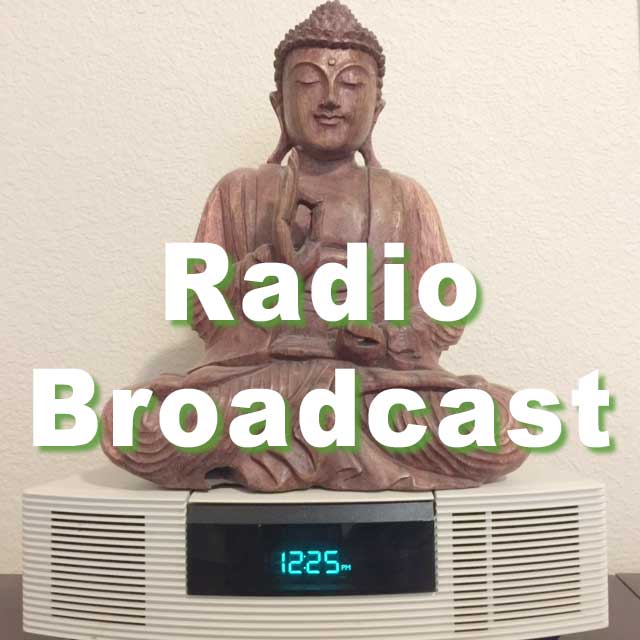Yesterday’s reading pointed out that our experience comes from the thoughts we listen to in the mind instead of from the outer appearance. It recommended that we listen to a “true interpretation” instead of a false one. Allowing attention to shift from one interpretation to another is called “changing your mind.”
Today’s reading points out that it isn’t just the act of changing our mind that affects our experience. Our motive, or the reason that we change our mind, is also important.
Today’s reading begins:
Do not change your mind out of fear, but out of love, for Love is the only power that is real.
When you change your mind out of fear, you attempt to change your experience, because you believe your experience is lord.
There are three definitions of fear below this paragraph. Please read the first definition of fear, and then read the sentences above from today’s reading with that definition in mind. Next, read the second definition of fear, and then read the sentences above with that definition in mind. Do the same with the third definition. As you do this exercise, let clarity arise regarding how you change your mind out of fear. If it feels helpful, take time to journal about it. You can ask spiritual intuition, “How do I change my mind out of fear?” After you’ve practiced this exercise, continue reading the tip.
Definitions of fear:
- A strong, distressing emotion that arises when we anticipate danger, regardless of whether the threat is real or imagined.
- Anxious concern or anticipation that something unpleasant is going to occur.
- The desire to escape something unpleasant.
~ ~ ~
Love is emptiness. Emptiness does not have an ulterior motive. While in the process of purification, we can say that love has no motive except for your spiritual aspiration.
When we change our mind out of love, we aren’t trying to change any external or internal experience. We change our mind simply because we want truth. There is no attempt to manipulate experience.
When we change our mind in order to manipulate experience, our motive is fear. If our motive is fear, fear is fed into the creative principle, and fear will continue to be experienced.
Do you remember this loop of experience?
What I think, I see (perceive).
What I see, I experience.
What I experience, I think.
(And the loop continues.)
Ulterior motives are “What I think, …” Ulterior motives feed into the creative principle and the loop of experience.
That means that in addition to watching the overt thoughts in the mind, we need to be alert to covert motives. You can discover hidden motives through root cause inquiry. You can do root cause inquiry through journaling, or you can do root cause inquiry through looking. You can simply look and ask yourself questions like, “What is my motive?” or “Am I trying to avoid anything?”
Today’s reading says:
Choose instead to be independent of your experience.
Independent means “free from outside control.” We typically call that “unaffected.”
One who is independent of outer circumstances has no need to change those circumstances. She can let outer circumstances be as they are.
Likewise, one who is independent of emotional experiences has no need to change or get rid of emotions. He can let them be as they are.
It’s also true that one who is independent is not engrossed in mind’s stories. One who is independent desires only truth, and if that one finds himself listening to stories, he will change his mind simply because he seeks truth. That is changing one’s mind “out of love.”
Note: The next tip will be available tomorrow morning after 3:50am ET at this link.



